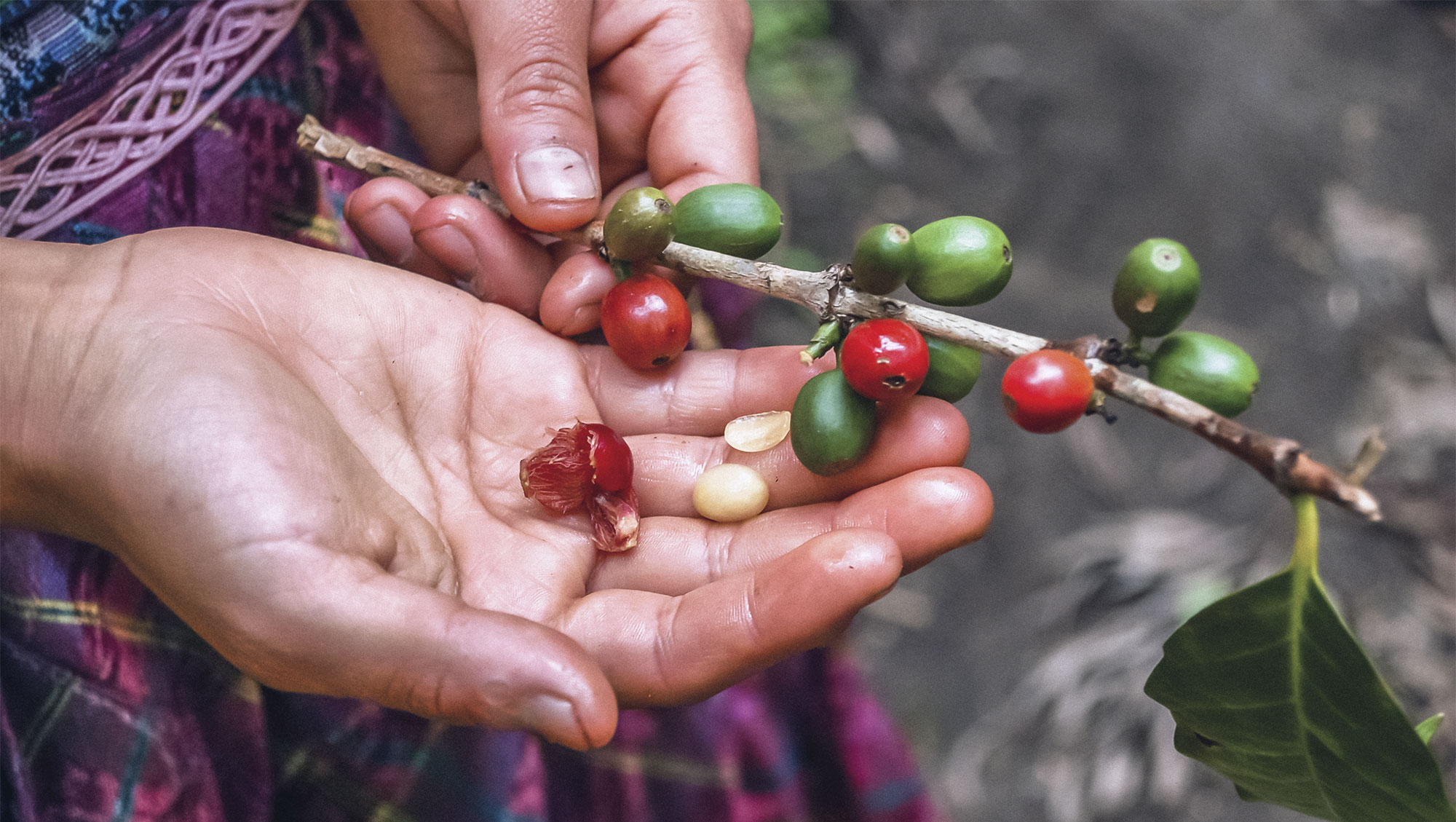“Organic” or “biological” are words that are increasingly part of our daily lives. As for coffee, it has always been part of our daily life. But now, other concerns are emerging associated with its consumption. Above all, our health and the longevity of the planet is at stake.
Organic agriculture is defined by the IFOAM – International Federation of Organic Agriculture Movements – as follows: “All agricultural systems that promote the environmentally, socially and economically safe production of food and fibre.” Accordingly, organic coffee differs from conventional coffee due to the fact that it is grown without the use of any chemical fertilisers and pesticides, on soil that has had sufficient time to rest, without the aid of genetically modified organisms.
In traditional cultivation, the intensive use of synthetic products ends up causing the retention capacity of the soil to be exceeded, wearing it down and causing imbalances in the ecosystem. Organic coffee has to go through a rigorous certification process to validate the sustainability of its origins. The certifying companies evaluate not only the preparation of the soils, harvesting and pruning, but even the packaging of the coffee. All of this is to guarantee that no unnatural products are used in any phase of the process.
When served in the cup, organic coffee is free from any toxic residues of synthetic fertilisers, pesticides, preservatives, colourings or artificial flavourings, which means that when we drink it we do not ingest substances that are harmful to our body. Therefore, an organic coffee will always be healthier than a coffee produced using traditional methods. In the same way, the health of soils and ecosystems is protected and the planet is grateful.
A Padaria Portuguesa organic coffee was developed over several months, in close partnership with Delta Cafés. It is an exclusive blend of beans from certified farms in Peru, Honduras, Congo and India.


